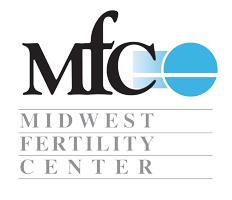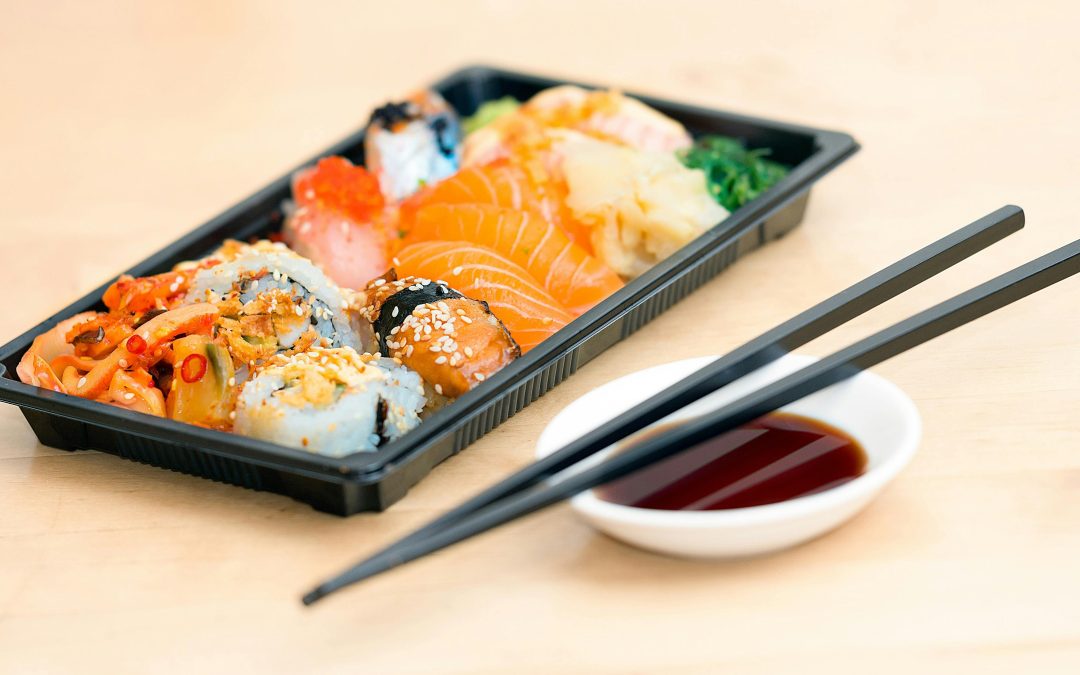Pregnancy is a time of heightened awareness when it comes to food choices. With seafood being a significant part of many diets, expectant mothers often wonder about its safety during pregnancy. Seafood offers essential nutrients like omega-3 fatty acids, protein, vitamins, and minerals crucial for fetal development. However, concerns about mercury levels and other contaminants can make choosing the right seafood a bit confusing. Let’s delve into what seafood options are safe during pregnancy and which ones should be approached with caution.
**The Importance of Seafood in Pregnancy:**
Seafood is a valuable source of omega-3 fatty acids, particularly EPA (eicosapentaenoic acid) and DHA (docosahexaenoic acid). These fatty acids play a crucial role in the development of the baby’s brain and eyes. Additionally, seafood is rich in high-quality protein, which is essential for fetal growth and maternal health. Certain nutrients found in seafood, such as iodine, iron, and vitamin D, also contribute to the overall well-being of both mother and baby.
**Safe Seafood Choices:**
1. **Salmon:** Rich in omega-3 fatty acids, salmon is an excellent choice during pregnancy. Opt for wild-caught salmon over farmed varieties whenever possible to minimize exposure to contaminants.
2. **Trout:** Another fish high in omega-3s, trout is a safe option for pregnant women. Choose freshwater trout over marine varieties to avoid potential mercury exposure.
3. **Sardines:** These small fish are packed with nutrients like calcium, vitamin D, and omega-3 fatty acids. They are also low in mercury, making them a safe choice during pregnancy.
4. **Anchovies:** Similar to sardines, anchovies are low in mercury and high in omega-3s, making them a nutritious option for pregnant women.
5. **Shrimp:** Low in mercury and high in protein, shrimp is a safe seafood choice during pregnancy. Ensure proper cooking to eliminate any risk of foodborne illness.
6. **Pollock:** A mild-tasting white fish, pollock is low in mercury and provides a good source of protein. It can be a versatile addition to a pregnancy diet.
7. **Catfish:** This freshwater fish is low in mercury and offers a good source of protein and essential nutrients like vitamin D and omega-3 fatty acids.
**Seafood to Avoid or Limit:**
While many types of seafood are safe for consumption during pregnancy, certain varieties should be avoided or limited due to their high mercury content:
1. **Swordfish:** High in mercury, swordfish should be avoided during pregnancy as excessive mercury intake can harm the developing nervous system of the fetus.
2. **Shark:** Similarly, shark contains high levels of mercury and should be avoided during pregnancy to prevent potential adverse effects on the baby’s development.
3. **King mackerel:** This large predatory fish is known to accumulate high levels of mercury and should be avoided during pregnancy.
4. **Tilefish:** Tilefish, particularly Gulf tilefish, is high in mercury and should be avoided by pregnant women.
5. **Tuna:** While canned light tuna is generally considered safe in moderation due to lower mercury levels, pregnant women should limit their intake of albacore (white) tuna due to its higher mercury content.
**Safety Tips for Consuming Seafood During Pregnancy:**
– Choose a variety of seafood to ensure a balanced intake of nutrients while minimizing exposure to contaminants.
– Opt for low-mercury seafood options and limit consumption of high-mercury fish.
– Ensure seafood is properly cooked to reduce the risk of foodborne illness.
– When dining out, inquire about the source and preparation of seafood dishes to make informed choices.
– Consider consulting with a healthcare provider https://mfcfamily.com/ or registered dietitian for personalized recommendations based on individual dietary preferences and health status.
In conclusion, seafood can be a valuable addition to a healthy pregnancy diet, providing essential nutrients for both mother and baby. By making informed choices and selecting low-mercury options, pregnant women can safely enjoy the benefits of seafood while minimizing potential risks. As always, it’s essential to prioritize food safety and consult with your healthcare professionals https://mfcfamily.com/ for personalized guidance on dietary choices during pregnancy.

